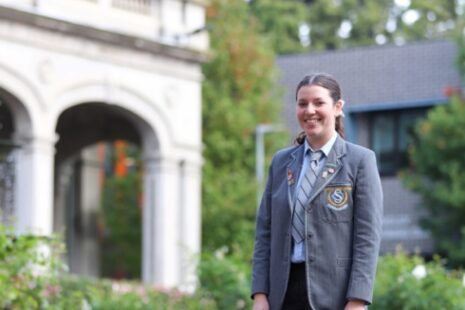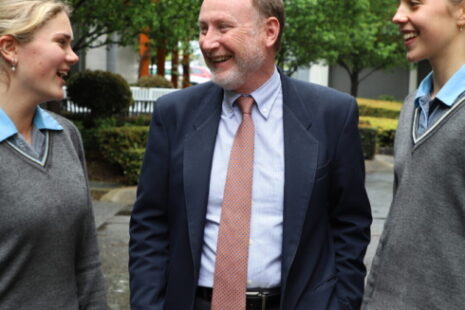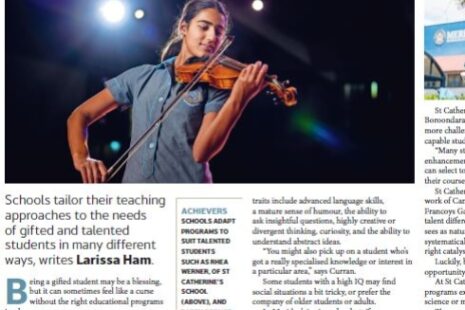Should We Stop Telling Students to Follow Their Passions?

The path toward one’s passion is not always easy.
Over the course of Term 3, our Senior School students will work through a consultative decision-making process to select their subjects for the forthcoming academic year and our Year 12 students will review their tertiary options to ultimately complete their VTAC application forms.
At this time, it is common for students to hear the proverbial phrases “do what you love”, “follow your dreams” or “find your passion”. But according to a new study by psychologists at Stanford and Yale-NUS College, telling someone to find their passion may not be the best advice.
 The research examined whether interests are inherent and thus hidden until we find them (a fixed theory), or whether they are something to be developed and nurtured (a growth theory). The researchers theorised that the often more popular belief that interests are inherent could, in fact, stifle the experiences of young, impressionable people. For example, they noted that people with a fixed theory assume they will experience ‘limitless motivation’ in the pursuit of their passion, meaning they think the journey will be easy. Of course, the path toward one’s passion is not always easy, and the study revealed that a person with a fixed theory is more likely to abandon their interests when the going gets tough, as if “the topic was not their interest after all.”
The research examined whether interests are inherent and thus hidden until we find them (a fixed theory), or whether they are something to be developed and nurtured (a growth theory). The researchers theorised that the often more popular belief that interests are inherent could, in fact, stifle the experiences of young, impressionable people. For example, they noted that people with a fixed theory assume they will experience ‘limitless motivation’ in the pursuit of their passion, meaning they think the journey will be easy. Of course, the path toward one’s passion is not always easy, and the study revealed that a person with a fixed theory is more likely to abandon their interests when the going gets tough, as if “the topic was not their interest after all.”
Alternatively, those with a growth theory will expect periodic roadblocks and may even embrace the tumult. The results of such a study have significant implications for those mentoring young people, such as parents, teachers or employers. For example, telling people to find their passion could suggest that it is ‘within you just waiting to be revealed’. Telling people to follow their passion suggests that the passion will do the lion’s share of the work for the individual.
A key component of the St Catherine’s Careers Guidance involves our Year 10 students completing a very detailed psychometric testing conjunction with an interest’s questionnaire. Completed as part of the Morrisby Report, the resulting data can provide confidence to the selection of future plans. The Morrisby Test reveals students’ strengths and outlines aspirations. The Morrisby Test is also the perfect tool for careers consultations and to encourage discussions at home with parents.
The lead researcher, Paul O’Keefe, suggested that whilst we should not discourage people from pursuing the things that they are passionate about, we should view the idea of passion more broadly. Indeed, it is important to encourage realistic thinking, and “a growth mindset makes people more open to new and different interests and sustaining those interests when pursuing them becomes difficult”. In particular, we should remember that one’s interests can evolve and that one should expect challenges in the pursuit of their passion.





